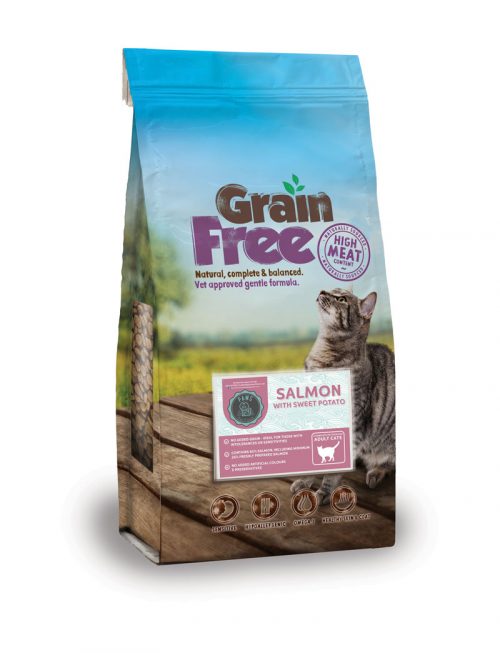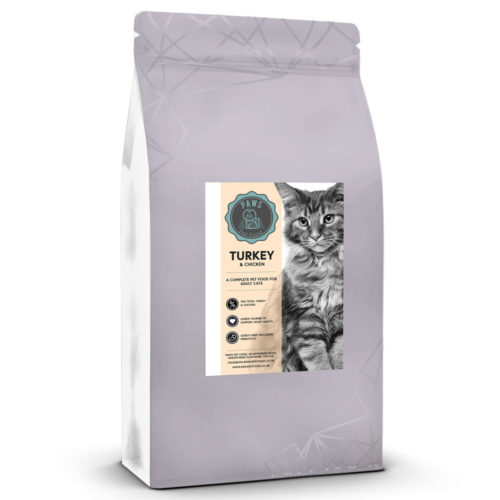“Cat food” refers to the wide variety of commercially prepared foods formulated to meet the specific nutritional needs of domestic cats. A balanced diet is crucial for a cat’s health and well-being, providing the necessary nutrients for energy, growth, maintenance, and reproduction. Cat food comes in various forms, including dry kibble, wet food (canned or pouches), and semi-moist options, each with its own advantages.
High-quality cat food is formulated to provide essential nutrients like protein, taurine (an essential amino acid), vitamins, and minerals. Protein is particularly important for cats, as they are obligate carnivores and require a diet rich in animal-derived protein sources. Taurine is vital for heart health, vision, and reproduction, and it must be obtained through their diet.
The type of cat food chosen often depends on factors such as the cat’s age, activity level, health status, and owner preference. Kitten food is formulated to support rapid growth and development, while adult cat food focuses on maintenance. Senior cat food may contain specific nutrients to support aging cats. Cats with specific health conditions may benefit from specialized veterinary diets.
When selecting cat food, it’s essential to read the ingredient list and nutritional information to ensure it provides a complete and balanced diet. Look for foods that list a named meat source as the first ingredient and avoid artificial additives, colors, and preservatives.
Providing a high-quality cat food is essential for maintaining a cat’s health, vitality, and longevity. A well-balanced diet can contribute to a healthy coat, strong muscles, a robust immune system, and overall well-being.








